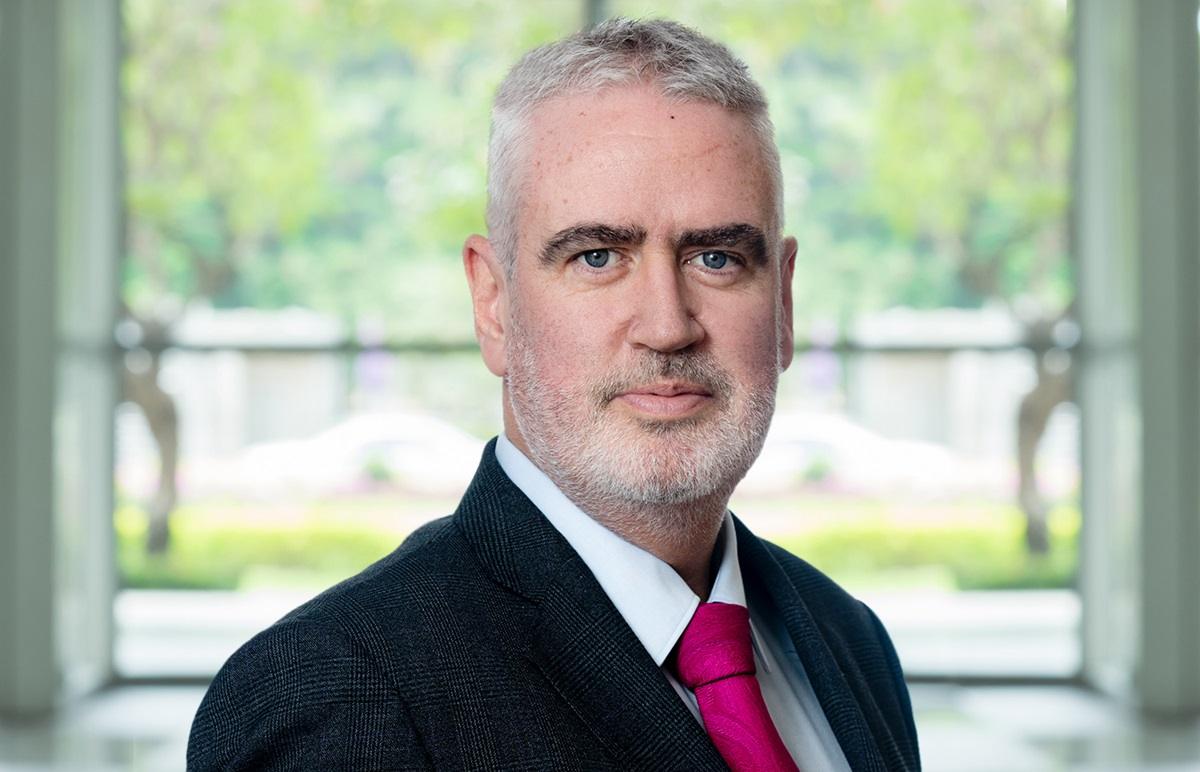IFM Investors Commits to Net Zero Across Asset Classes by 2050
IFM Investors announced today a new sustainability target, committing to reach net zero greenhouse gas (GHG) emissions across asset classes by 2050. According to IFM, the new initiative aligns with the goals of the Paris Agreement to limit global temperature increases. IFM also announced that it will become a net zero organization itself.
IFM Investors Chief Executive David Neal said:
“This is a natural step and an important one if IFM is to continue delivering on its purpose to protect and grow the long-term retirement savings of working people.”
IFM is an Australian-based investment manager, owned by 27 pension funds, with A$159 billion assets under management. The firm’s assets are listed across 4 asset classes, including debt investments, listed equities, infrastructure, and private equity.
The firm has already begun implementing carbon reduction strategies in its infrastructure portfolio companies, with initiatives including setting a target to reduce emissions by 200,000 tonnes at Australian assets by 2030, developing targets for global assets, investing in renewable energy projects, and establishing a renewables JV with Trafigura – Nala Renewables – aimed at developing 2 GW of projects within five years.
To support its new net zero by 2050 initiative, IFM has established a multi-disciplinary taskforce to develop clear frameworks and policies to guide and support sustainable decision-making processes that are designed to mitigate climate change risk exposure. The taskforce will address the establishment of emission reduction commitments, and the development of policies for net-zero transition plans for new and existing unlisted assets. Additionally, the taskforce will consider enhancing the investment decision-making and governance frameworks when considering climate change risks and alignment with emission reduction objectives, the identification of investment opportunities in decarbonisation and climate-resilient assets, and the evolution of technologies and better understanding likely transition pathways, especially in the energy mix.
Neal added:
“The investment horizon of IFM and our investors is often measured in decades, not years, and it’s vital that we actively manage the risks posed by climate change.
“The actions we take will help ensure we continue to deliver long-term risk-adjusted returns for our investors and their members and beneficiaries.”





